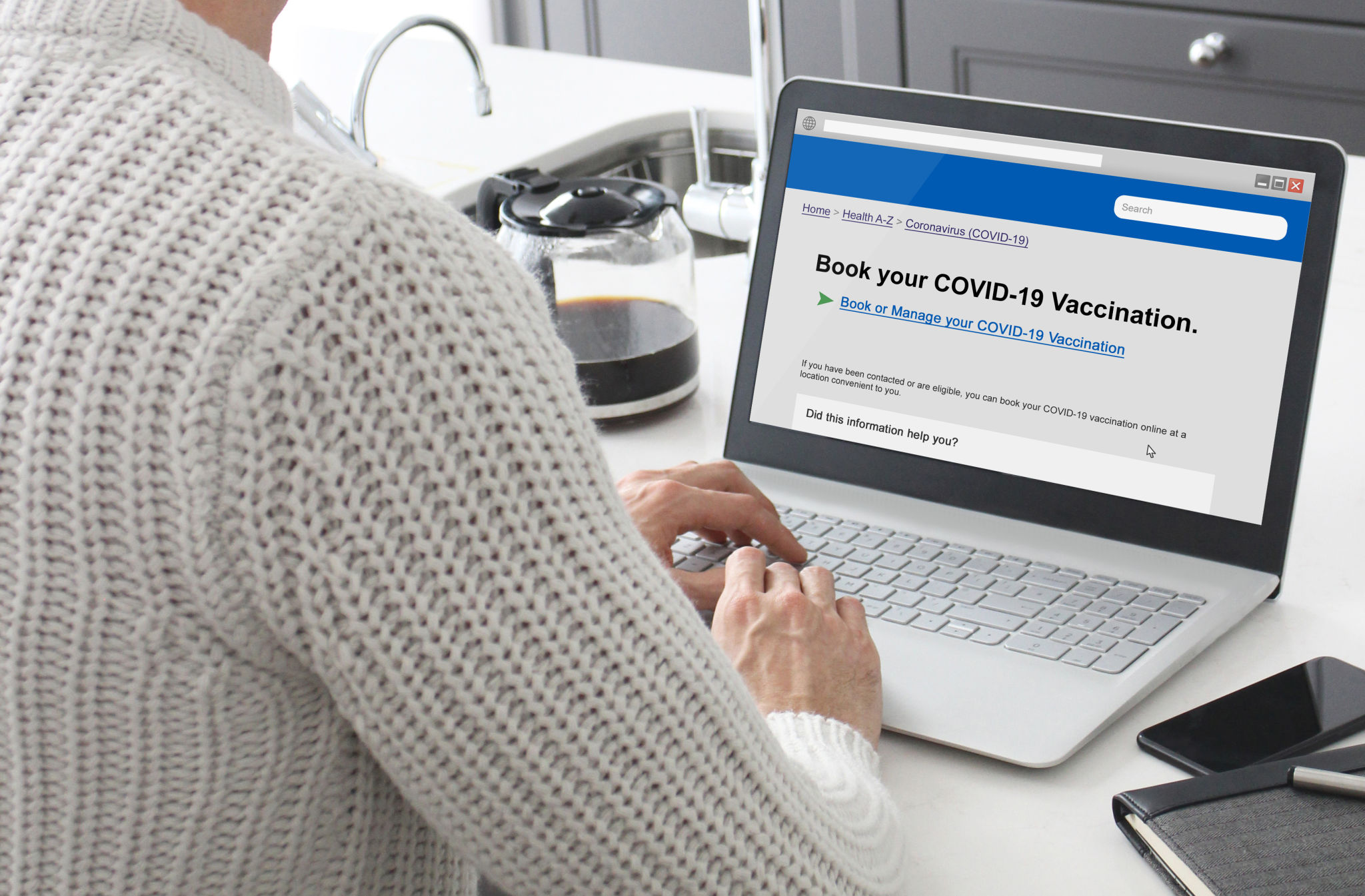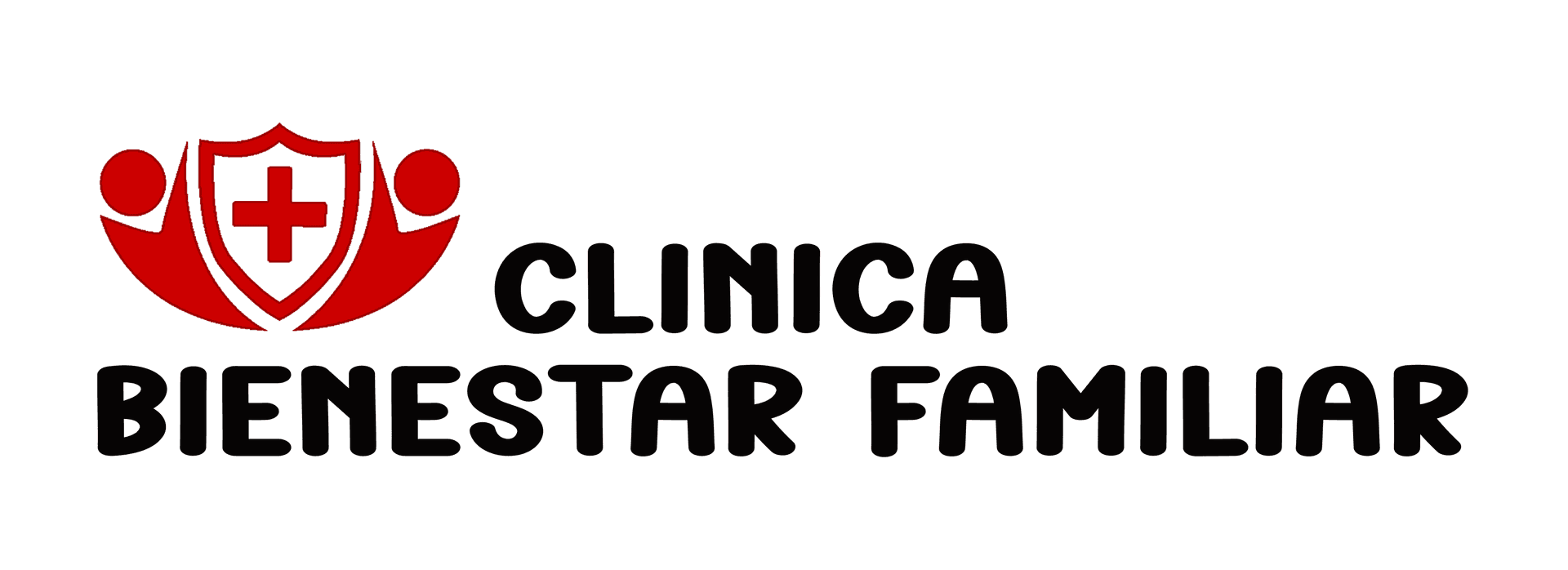Vaccinations: Essential Immunizations for the Whole Family
The Importance of Vaccinations
Vaccinations play a crucial role in maintaining the health of both individuals and communities. They are designed to protect against a variety of diseases, some of which can be life-threatening. By receiving vaccines, people help to create a safer environment by contributing to herd immunity, which minimizes the spread of infectious diseases.

Why Vaccinations Are Essential for All Ages
Immunizations are not just a childhood necessity; they are important throughout every stage of life. From infants to seniors, vaccines provide protection against a wide range of illnesses. For children, vaccines prevent diseases like measles, mumps, and rubella. For adults, vaccinations can help protect against influenza, shingles, and pneumonia, among others.
Each age group has specific vaccines recommended for optimal health. For instance, teenagers may require additional vaccines as they enter college or travel abroad. Adults may need booster shots to maintain immunity levels or new vaccines as medical recommendations evolve over time.
Common Recommended Vaccines for Families
Here is a list of common vaccines recommended for family members across different age groups:
- Infants and Children: Hepatitis B, DTaP (diphtheria, tetanus, pertussis), Hib (Haemophilus influenzae type b), IPV (inactivated poliovirus), and MMR (measles, mumps, rubella)
- Preteens and Teens: Tdap (tetanus, diphtheria, pertussis), HPV (human papillomavirus), and Meningococcal conjugate vaccine
- Adults: Influenza vaccine annually, Tdap booster every 10 years, and Shingles vaccine at age 50 or older
- Seniors: Pneumococcal vaccines and high-dose influenza vaccine

Addressing Vaccine Hesitancy
Vaccine hesitancy can pose a significant challenge to public health efforts. Misinformation and fear of side effects often contribute to reluctance in getting vaccinated. It is vital to address these concerns by relying on accurate information from trusted health organizations. Understanding that vaccines undergo rigorous testing for safety and efficacy can help alleviate fears.
Educational campaigns and open conversations with healthcare providers can empower individuals to make informed decisions about vaccinations. Highlighting the benefits of vaccines not only for personal health but also for community well-being can further encourage participation in vaccination programs.
The Role of Healthcare Providers
Healthcare providers play a pivotal role in promoting vaccinations. They are often the most trusted source of information for patients and their families. By staying informed about the latest vaccine recommendations and addressing patient concerns with empathy and clarity, healthcare professionals can significantly influence vaccination rates.

Providers should engage in proactive outreach, reminding patients about upcoming vaccinations and offering convenient scheduling options. This can help ensure that families stay up-to-date with their immunization schedules.
Conclusion: Protecting Your Family's Health
Vaccinations are an essential component of preventive healthcare for the entire family. By adhering to recommended immunization schedules, families can protect themselves from a variety of diseases and contribute to the overall health of their communities. Stay informed, consult with healthcare providers, and prioritize vaccinations as a key element of your family's wellness plan.
Ultimately, ensuring that you and your loved ones are vaccinated is a powerful step toward safeguarding health today and in the future.
